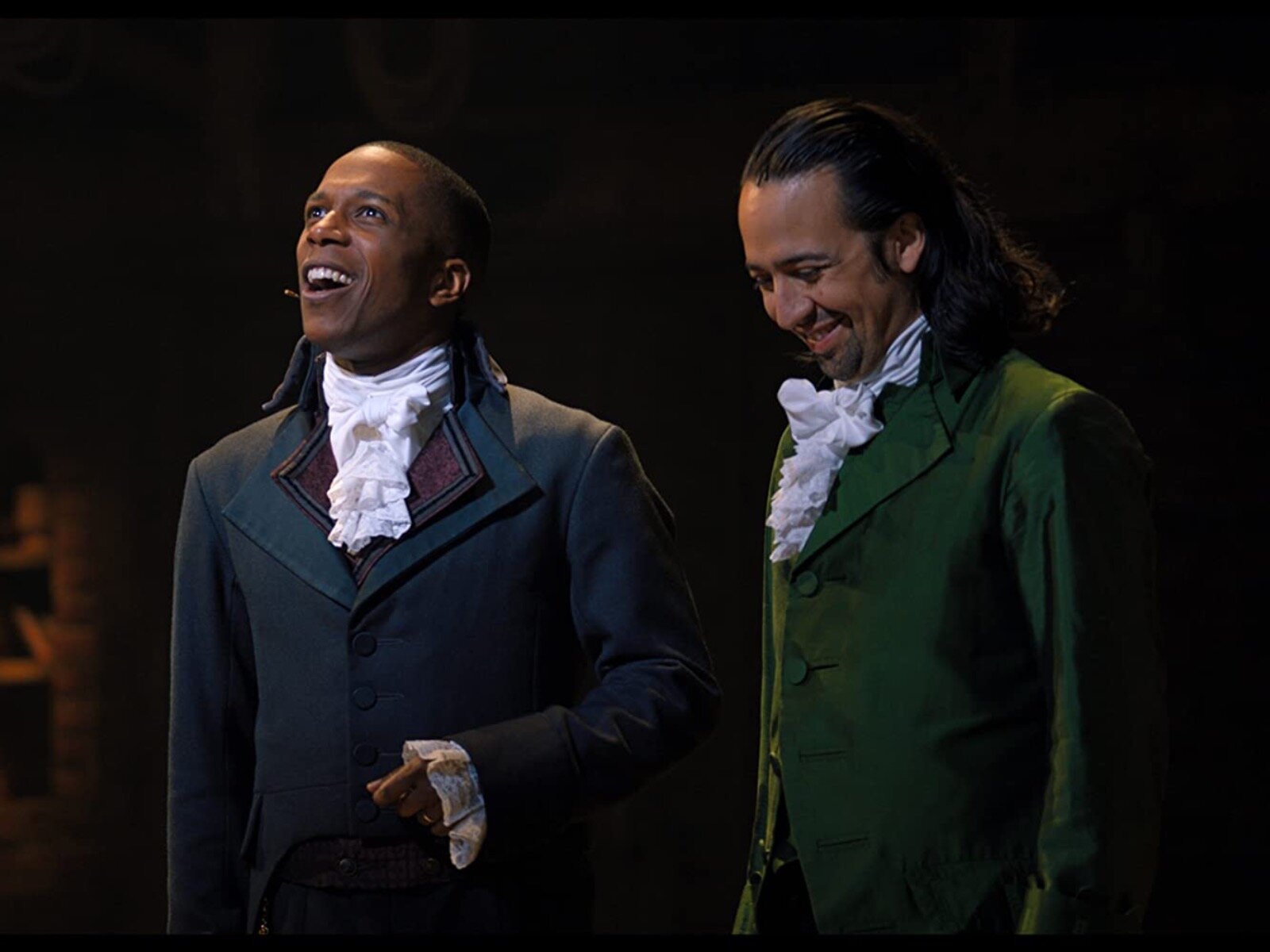The title of Jon Stewart’s directorial debut "Rosewater" comes from a scent, the only identifiable feature of imprisoned journalist Maziar Bahari’s interrogator. Considering the significant real-life role some "Daily Show" segments played in keeping Bahari incarcerated by the Iranian government for almost four months and Stewart’s hands-on approach to bringing the story to the screen, perhaps a more fitting title would’ve been "My Bad."
Other than karmic balancing, it’s easy to see why Bahari’s story would speak to Stewart and draw the comedian behind the camera for the first time. Much like Stewart’s incredibly influential television show, "Rosewater" is about navigating through troubling political times, topics and outrages with lightness, humor and humanity. And for the most part, the funnyman does a respectable job with his first go-around, his familiarity with the melding of politics and humor mostly making up for his unfamiliarity with writing and directing for the big screen.
Gael Garcia Bernal ("Babel," "No") stars as Maziar, an enthusiastic journalist heading off to Iran to cover the 2009 elections for Newsweek (the magazine’s sketchy financial status makes for one of the film’s best lines). The story isn’t only a big get for Maziar; the trip also serves as a homecoming, as he grew up in Iran, the country his mother (Shohreh Aghdashloo, "House of Sand and Fog") still calls home.
While she’s both weary and wary about the government and growing Green movement in Iran, Maziar arrives with optimism, albeit of a very cautious variety. Maziar has no problem covering and interviewing Ahmadinejad’s eerily intense spokesman Alireza, regurgitating the party line and becoming combative when asked about rigged results.
When it comes to capturing the lives and struggles of the rebellious Green party, however, Maziar turns timid. He’s hesitant to document and identify a group of rebels that take the journalist under their wing, and when they show him their secret cove of satellite dishes, he quietly tucks his camera away. He’s trying to protect himself and the young freedom fighters, but as their leader Davood (Dimitri Leonidas) argues, "You have a real weapon, and you choose not to use it."
No surprise to anyone paying attention to the news, Ahmadinejad wins the election. Questions about its legitimacy soon fly; Maziar himself witnesses voters blocked off from polls and receives a call from Alireza celebrating a landslide victory before the polls even close. Cries of protest and revolution soon follow. Amidst the chaos, an Iranian official (Kim Bodnia) plucks Maziar from his mother’s home, places him into solitary confinement under suspicion of being an American spy and aggressively interrogates him until the journalist admits his deceit. Their key piece of evidence? Maziar’s faux-interview with Jason Jones of "The Daily Show," the segment’s satire going well over his captors’ heads.
"Rosewater" arrives with multiple telltale signs of a first-time filmmaker. In the early going, Stewart’s script needlessly hops around in time, jumbling the story’s timeline with little motivation and breaking clumsily out of the blocks. The sin of unnecessary voiceover makes an over-explanatory appearance, and there are a few obvious and cheap visual flourishes – namely a TV-ready sequence of revolution hashtags literally spreading across Iran. They’re key clues to a new writer-director lacking trust in his audience and the rest of his film.
Luckily, in the case of "Rosewater," Stewart’s humanely smart, observant political and media sensibilities come across louder than the minor, mostly stylistic marks of an amateur filmmaker.
His screenplay provides a good amount of deft nuance to Maziar’s harrowing scenario. Bodnia’s interrogator isn’t a simplistic villain but a real character, an everyman and family man stuck playing a heavy only trying to move up in the world. Bodnia’s performance brings out that humanity even more, his humanity withering and contorting underneath his intimidating, abusive persona. And as Maziar corrects a smug co-worker, Alirezi isn’t a poor Iranian kid brainwashed into political subservience with treats; he’s a Brit who believes his cause and wants Western candies simply as a reminder of his former home.
Meanwhile, Maziar is not only confronted with how to handle his role as the media in the Iran’s current political climate, but also with the U.S.’s complicated past with Iran. As his watchers note, America used reporters and journalists in the past as inadvertent political instigators, moving public opinion in their preferred direction. Could Maziar unknowingly be a spy? Considering Maziar’s desperate, appeasing demeanor, he’s tempted to admit to anything. Then again, as Stewart’s shows in one of his final shots, when people have smartphones in an oppressive society, everybody’s a spy.
Stewart brings a welcome sense of humane humor to the film, an element both surprising considering the subject matter and expected considering its main creative force. Early on, a Megan Fox-clad issue of Empire makes an amusing cameo. Later, Maziar’s fight for freedom takes a turn for the entertaining, as he uses Rosewater’s lack of knowledge about culture outside Iran against him, turning the brutal interviews into a mockery and even convincing him Atlantic City is an orgiastic haven of erotic message.
Bodnia and Bernal play off the scene perfectly – neither going taking the situation too broad. Then again, the two are great throughout "Rosewater," especially Bernal. He has a light touch with Stewart’s sense of humor, and he’s a strong human core for the story, struggling at first with his political responsibilities before later struggling even more to navigate his uncertainty, turn his timidity into courage and maintain hope while isolated in prison. Bernal’s performance shows a lot by doing little.
At his core, Stewart is an entertainer, and considering his inexperience with drama, it shouldn’t surprise "Rosewater" never really cuts deeply. The movie is a little too timid and cautious to make the audience feel too bad about Maziar’s rough predicament – or, more pressingly, the Iranian people’s predicament. The script starts Maziar’s hallucinations – of his father and sister, both imprisoned in the past – awfully early, and it leaves the prison a lot, hindering much of a sense of claustrophobia or exhaustion.
It's a painful experience made mostly palatable. It’s certainly the most enjoyable movie featuring wronged imprisonment and Iranian political tensions, and compared to most movies currently coming out of Iran, it’s damn near "Dumb and Dumber To."
But the film’s ambitions are not for intense drama, but something lighter and more human, a story of hope and humor winning out over cruelty and oppression. In a time filled with Oscar hopefuls filled to the brim with stodgy, humorless import, "Rosewater" is a welcome break. The movie may serve as a feature film apology to Maziar on behalf of "The Daily Show," but considering the results, he has little reason to apologize to audience members.
As much as it is a gigantic cliché to say that one has always had a passion for film, Matt Mueller has always had a passion for film. Whether it was bringing in the latest movie reviews for his first grade show-and-tell or writing film reviews for the St. Norbert College Times as a high school student, Matt is way too obsessed with movies for his own good.
When he's not writing about the latest blockbuster or talking much too glowingly about "Piranha 3D," Matt can probably be found watching literally any sport (minus cricket) or working at - get this - a local movie theater. Or watching a movie. Yeah, he's probably watching a movie.







